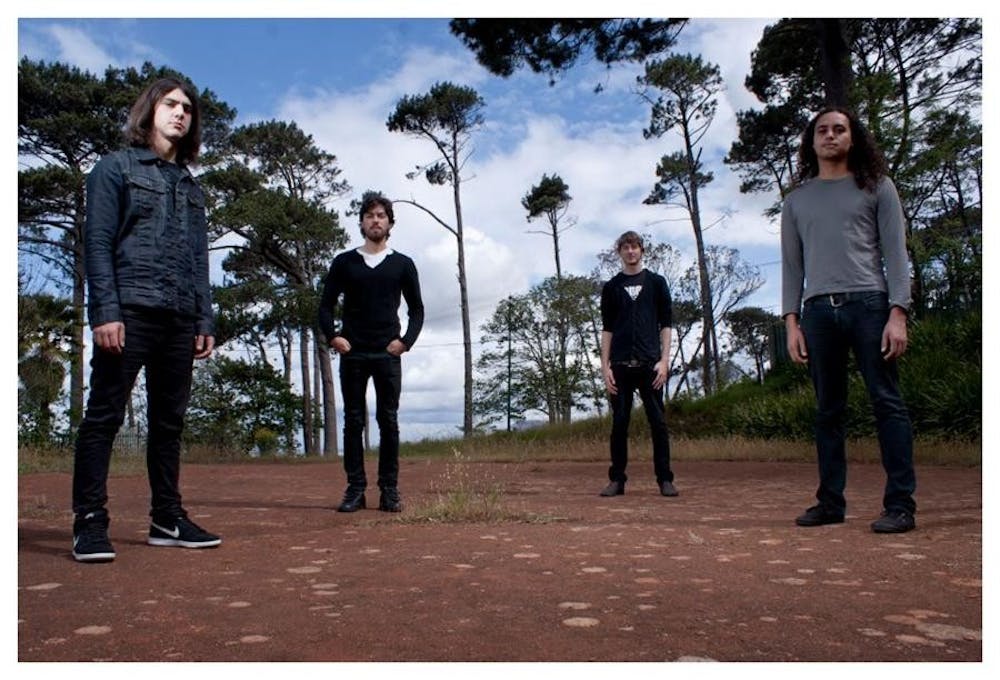I just finished listening to “The Writing of Gods in the Sand,” the debut album by Cape Town’s Wildernessking. It’s hands-down the best black metal album of 2012 so far, and even though I haven’t paid for a copy yet, I have every intention of doing so.
The only problem is I don’t know how much to pay.
If I pay $5, I get a digital download. If I pay $10, I get the CD. If I pay $25, I get the album on double vinyl, with a poster and a patch. I can also pay $35, $40, $50 or even $80, which would get me the CD, vinyl, digital download, poster, patch, an exclusive T-shirt and a numbered test press of the vinyl with a screen-printed cover.
All these packages are still totally hypothetical, of course. If Wildernessking fails to reach $3,500 in contributions, these options become moot, and the money has to be refunded. Even though the software the band is using isn’t Kickstarter, the strategy is still symptomatic of something of a revolution the company has been staging within the music industry these past few months.
Kickstarter was founded in 2008, and since then, the crowdfunding website has raised more than $125 million and launched 15,000 projects. The idea behind the site is simple. In the age of a ubiquitous Internet, people with ideas they want to see realized shouldn’t have to be beholden to the whims of huge investing groups. Individuals can pledge small amounts of money to projects they believe in, and the robust social media can help show these projects to more and more people.
The site has helped produce the first 3-D printer and launched a PID-controlled espresso machine, but musicians are turning to Kickstarter more and more to get help booking studio time or pressing their releases on vinyl. Contributors aren’t simply making donations. When the goal is set, they get a copy of whatever release they helped come to life.
We are all now participants in an music industry defined by collapse and response, and Kickstarter is an interesting signal of where we might be going. When the major players fail to adapt to the changing environment, it’s empowering to see the little guys — bands and indie labels alike — taking things in their own hands to make their musical dreams come true.
At the time of this writing, Wildernessking is on pace to fall pretty significantly short of its $3,500 goal, and this is a shame. Kickstarter only boasts a 44 percent success rate, and it isn’t altogether surprising that a progressive black metal band from South Africa using a similar software would come up short.
In this way, Kickstarter and similar programs are already making the leap to full assimilation in the music industry. Most bands fail. Most labels fail. There’s no reason this shouldn’t be reflected in the brave new world of social media DIY, and even though that sucks, in a way, it’s the purest capitalism imaginable.
That said, for the love of Nelson Mandela, please give your money to Wildernessking. I can’t stop listening to these dudes.
That's Unheard Of!

Get stories like this in your inbox
Subscribe





